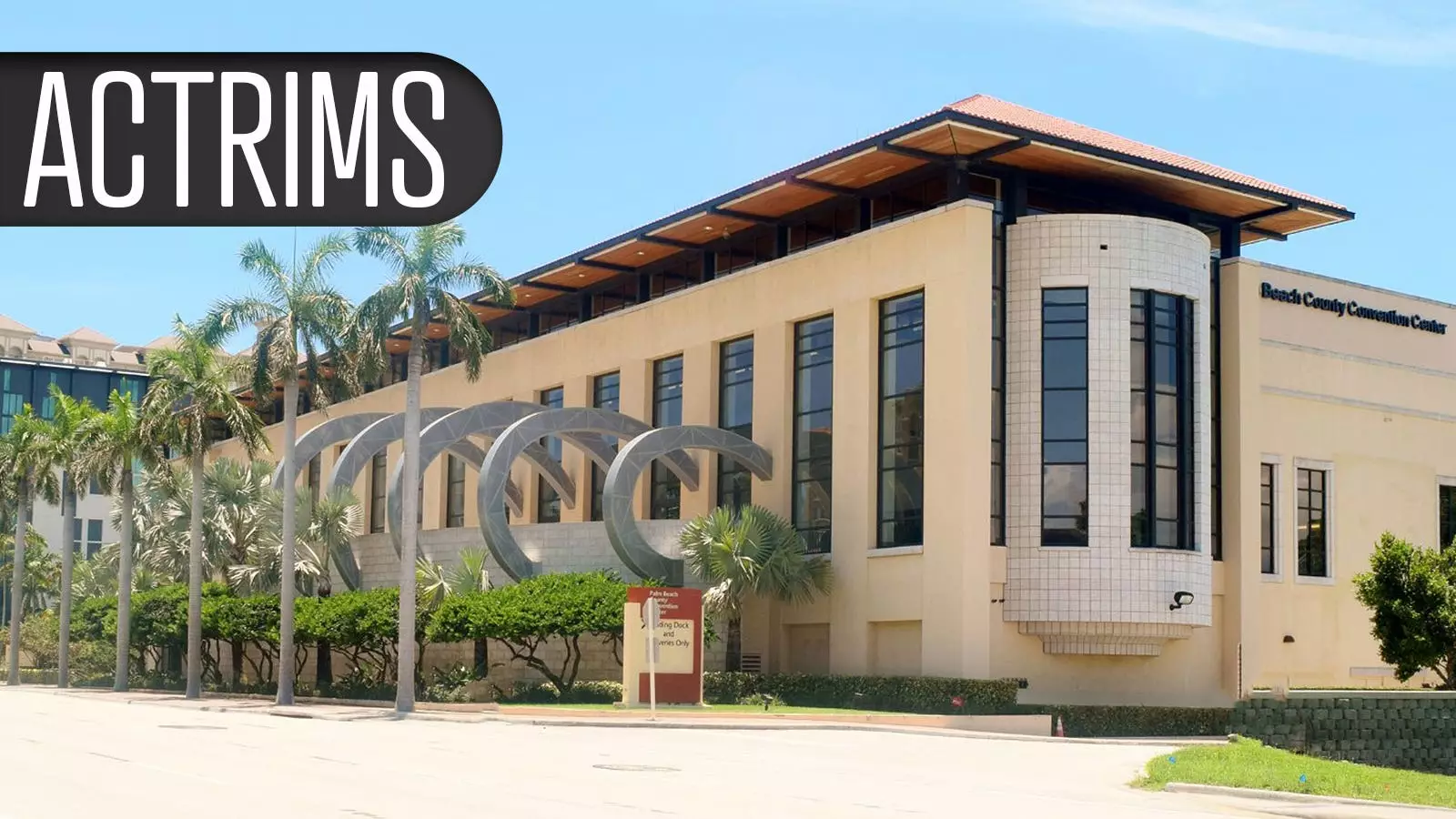Upon further analysis of the study conducted by Jeffrey Cohen, MD, it was found that clinical and radiologic measures of disease activity remained stable or improved for relapsing multiple sclerosis (RMS) patients of all age groups over a period of 7 to 8 years of continuous treatment with ozanimod (Zeposia). Regardless of the age category, the adjusted annualized relapse rate was consistently below 0.2, showing a significant improvement in disease management. This positive trend in disease stability was observed in both the phase III parent trials and the DAYBREAK open-label extension study, showcasing the long-term efficacy of ozanimod in treating RMS patients.
Patients who were continually taking ozanimod, an oral sphingosine 1-phosphate (S1P) receptor 1 and 5 modulator, exhibited consistently lower rates of relapse compared to those who had originally received interferon beta-1a before transitioning to ozanimod. This improvement in relapse rates was observed across all age groups, indicating the effectiveness of ozanimod in managing RMS regardless of the patient’s age. Additionally, patients who underwent treatment with ozanimod showcased a reduction in the number of gadolinium-enhancing lesions and new or enlarging T2 lesions over time, showcasing the positive impact of continuous ozanimod treatment on lesion development in RMS patients.
The approval of ozanimod for RMS treatment in 2020 was based on data from the pivotal SUNBEAM and RADIANCE trials, which demonstrated lower relapse rates with ozanimod compared to interferon beta-1a. The long-term benefits of continuous ozanimod treatment were further emphasized in the DAYBREAK extension study, where patients exhibited controlled disease activity for extended periods, with some patients being on treatment for nearly 10 years. This sustained efficacy of ozanimod was supported by low annualized relapse rates, minimal new or enlarging T2 lesions, and a low mean number of gadolinium-enhancing lesions on brain MRI, highlighting the positive impact of long-term ozanimod treatment on disease progression in RMS patients.
The findings from the study should provide reassurance to clinicians treating older RMS patients with ozanimod for extended durations. The low relapse rates and lesion development observed in the study indicate the safety and efficacy of continuous ozanimod treatment, even in older patient populations. This data is vital as it addresses concerns regarding the increased risk of infections in older patients treated with immune-modulating agents, showcasing the overall safety and efficacy of ozanimod in managing RMS in older patient populations.
The positive effects of continuous ozanimod treatment on relapsing multiple sclerosis (RMS) patients of all age groups are evident in the study conducted by Jeffrey Cohen, MD. The stable disease activity, lower relapse rates, and lesion development observed in patients undergoing long-term ozanimod treatment showcase the efficacy and safety of ozanimod as a treatment option for RMS. Clinicians can find reassurance in the study’s findings, which highlight the long-term benefits of ozanimod in managing RMS patients, regardless of age. The sustained efficacy and safety profile of ozanimod make it a valuable treatment option for clinicians looking to provide effective disease management to RMS patients over extended periods of treatment.


Leave a Reply